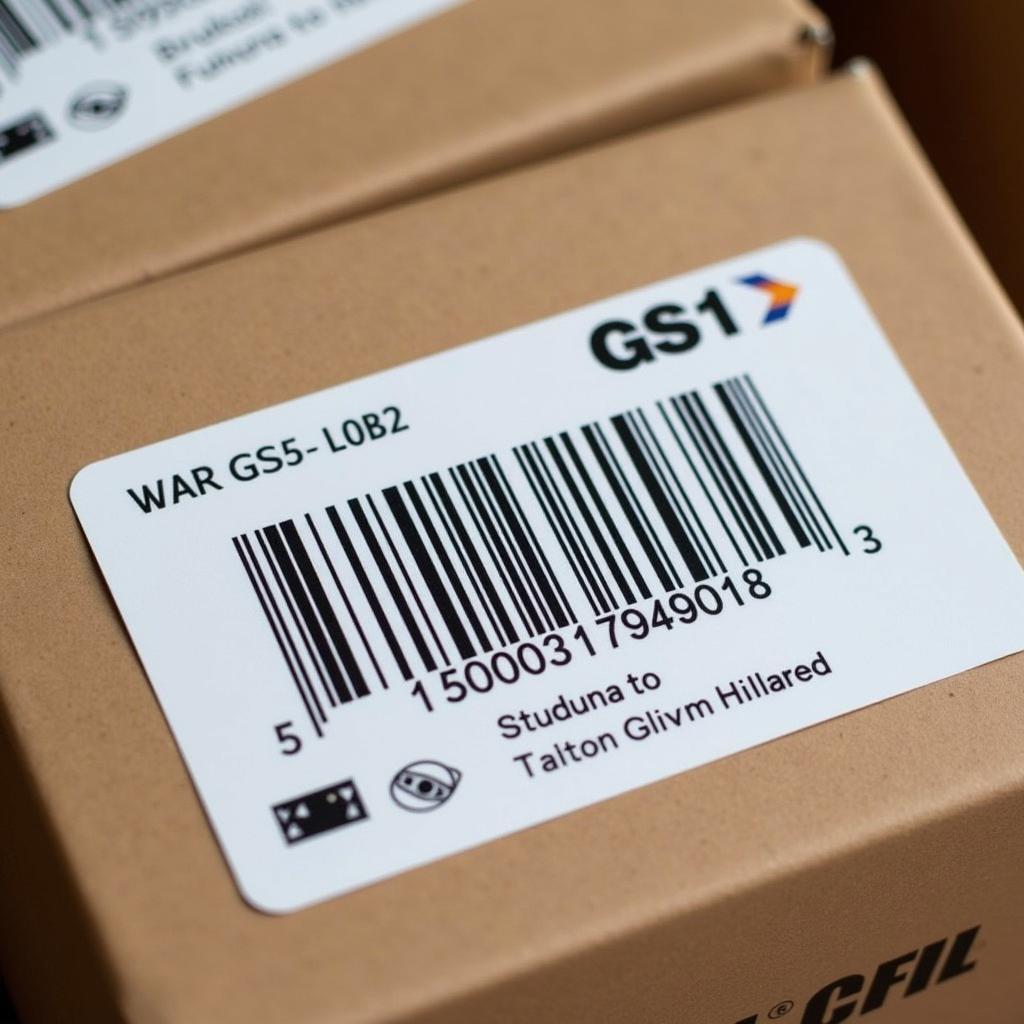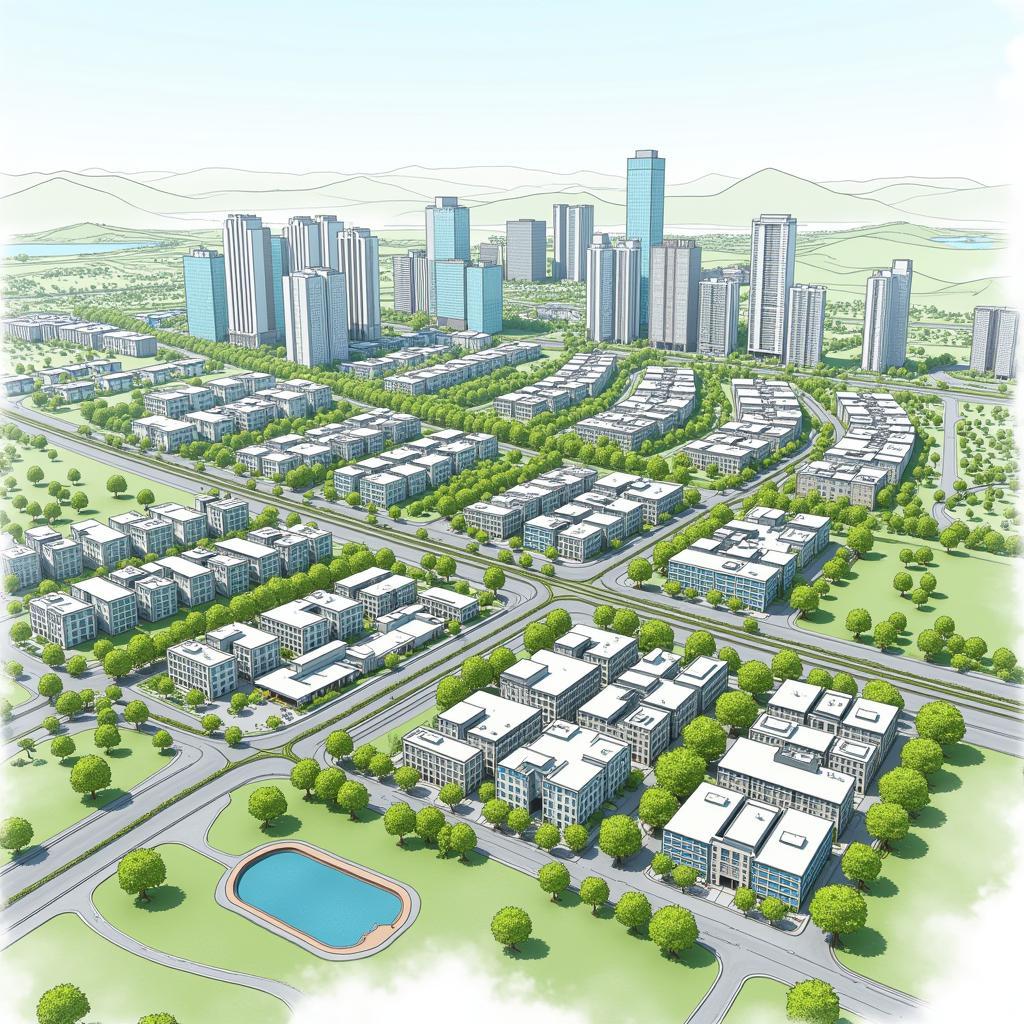The phrase “Ano Ang 3 Pillars Ng Asean” translates to “what are the 3 pillars of ASEAN” in Filipino, highlighting a common question among those interested in the Southeast Asian region. These pillars represent the foundational areas of cooperation that underpin ASEAN’s goals for a more integrated and prosperous Southeast Asia.
The ASEAN Community: Built on Three Pillars
The Association of Southeast Asian Nations (ASEAN) is built upon three pillars: the Political-Security Community, the Economic Community, and the Socio-Cultural Community. Established in 1967, ASEAN has continually striven to achieve its vision of a peaceful, stable, and prosperous region. The three pillars represent a comprehensive approach to regional cooperation, addressing not only economic integration but also security concerns and social development.
Pillar 1: Political-Security Community
The Political-Security Community pillar focuses on maintaining peace and stability in the region. This encompasses a wide range of initiatives including:
- Promoting dialogue and cooperation on political and security issues: ASEAN member states engage in regular consultations and dialogues to address common security challenges.
- Developing mechanisms for conflict prevention and resolution: ASEAN has established various platforms for peaceful dispute settlement, aiming to prevent conflicts from escalating.
- Combating transnational crime: Recognizing the threat of transnational crime, ASEAN member states collaborate on initiatives to combat terrorism, drug trafficking, and other forms of organized crime.
Pillar 2: Economic Community
The Economic Community pillar aims to create a single market and production base in Southeast Asia, fostering economic integration and competitiveness on the global stage. Key initiatives within this pillar include:
- Establishing the ASEAN Free Trade Area (AFTA): AFTA aims to eliminate tariffs and non-tariff barriers to trade between member states, facilitating the free flow of goods within the region.
- Promoting trade facilitation and customs cooperation: ASEAN works to simplify customs procedures and harmonize standards to reduce trade barriers and costs.
- Enhancing investment flows: The ASEAN Investment Agreement seeks to create a more favorable investment climate and attract foreign direct investment into the region.
Expert Insight:
“The ASEAN Economic Community is not just about creating a free trade area. It’s about building a deeply integrated and competitive economic region that can compete effectively in the global economy,” says Dr. Wei Meng, an economist specializing in Southeast Asian economic integration.
Pillar 3: Socio-Cultural Community
The Socio-Cultural Community pillar focuses on building a people-centered ASEAN, promoting social development, human rights, and cultural understanding. This encompasses areas such as:
- Enhancing people-to-people connectivity: ASEAN promotes educational exchanges, cultural programs, and tourism to foster greater understanding and appreciation among the people of Southeast Asia.
- Addressing social issues: ASEAN member states collaborate on initiatives to address issues such as poverty reduction, healthcare, education, and environmental protection.
- Promoting human rights and fundamental freedoms: ASEAN is committed to promoting and protecting human rights and fundamental freedoms for all people in the region.
Expert Insight:
“The Socio-Cultural Community pillar recognizes that true regional integration goes beyond economics. It’s about building a sense of shared identity and purpose among the people of ASEAN,” states Dr. Siti Aminah, a sociologist specializing in Southeast Asian cultural dynamics.
Conclusion: The Pillars of Progress
Understanding the three pillars of ASEAN – Political-Security, Economic, and Socio-Cultural – provides valuable insight into the organization’s comprehensive approach to regional cooperation. These pillars represent ASEAN’s commitment to building a peaceful, prosperous, and people-centered Southeast Asia. By working together, ASEAN member states aim to overcome challenges and seize opportunities, creating a brighter future for the region and its people.
For inquiries or assistance, please contact us at:
Phone Number: 0369020373
Email: aseanmediadirectory@gmail.com
Address: Thon Ngoc Lien, Hiep Hoa, Bac Giang, Vietnam.
Our dedicated customer support team is available 24/7 to assist you.


